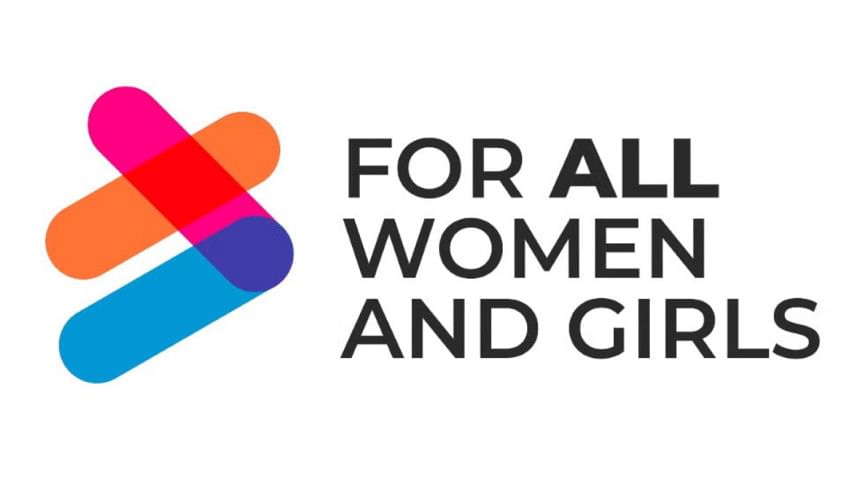Unlocking women’s financial power

In Bangladesh, women remain largely excluded from financial services, and this disparity is a major barrier to their full participation in the country's economic development. Despite the progress in various sectors, many women, particularly in rural and low-income areas, struggle to access banking and financial services. Closing this gap is essential for empowering women and contributing to sustainable economic growth.
A 2021 report by the Global Findex revealed a shocking statistic: 67% of women in Bangladesh do not have a bank account, and 80% have never opened a mobile money account. These numbers highlight the severe financial exclusion faced by women. Mustafa K. Mujeri, Executive Director of the Institute of Financial Inclusion & Development, explains, "Rural women, despite managing household finances well, are often sidelined when it comes to engaging in formal financial transactions or decision-making."
Financial literacy is more than just understanding how to balance a budget; it's about having the skills to save, invest, manage debt, and make informed financial decisions. For women to break free from financial exclusion, they need better access to modern banking options. Banks in Bangladesh need to provide services specifically designed to meet the needs of women. For example, offering low-interest loans for female entrepreneurs or creating group savings accounts can empower women to manage and grow their finances. Additionally, digital banking platforms are critical to reaching women in rural areas, where access to physical banking branches is often limited. As Mujeri puts it, "We need to develop products that are tailored to the unique needs of women, bridging the gap between traditional banking services and the actual saving habits of women."
Bangladeshi banks are increasingly recognising the need to bridge the financial gap for women by introducing tailored products and services. One notable example is BRAC Bank's TARA initiative, which provides women with specialised savings accounts, loans, and other financial tools designed to support their economic independence. A key aspect of this programme is the deployment of female banking agents in rural areas, ensuring that women feel more comfortable engaging with financial services. As Mehruba Reza, Head of Women Banking at BRAC, explains, "Women are more likely to engage with female agents, as it builds trust and comfort."
Community-based initiatives are also essential in empowering women financially. Programs like IFIC's "Uthan Boithok" bring financial education to marginalized groups, including indigenous communities and female workers in the garment sector. As Fariha Haider, Head of Retail Marketing at IFIC, explains, "Our extensive network allows us to reach remote areas and provide women with the knowledge and tools they need to manage their finances effectively."
City Bank's City Alo supports women through financial workshops, business fairs, and networking opportunities. "City Alo helps connect rural women and entrepreneurs to markets, teaching budgeting and credit skills," says Fahria Huque, Head of City Alo, fostering financial independence and sustainable growth.

 For all latest news, follow The Daily Star's Google News channel.
For all latest news, follow The Daily Star's Google News channel. 



Comments